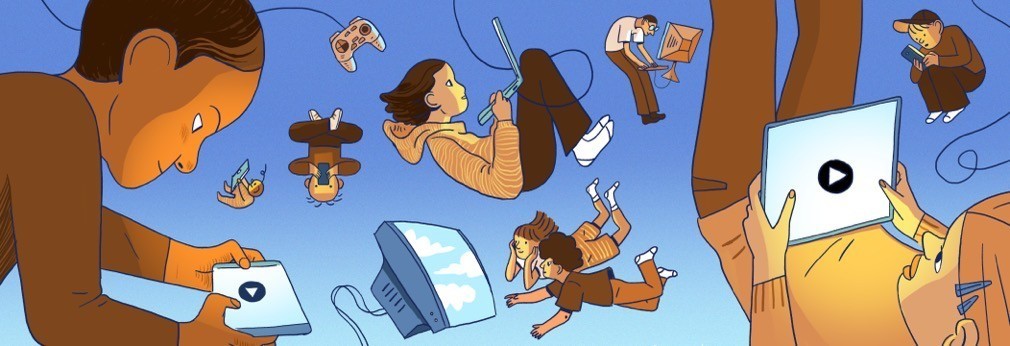
Dates: 9-10 November 2023 Place: University of Copenhagen, Dept. of Communication, Denmark.

Dates: 9-10 November 2023 Place: University of Copenhagen, Dept. of Communication, Denmark.
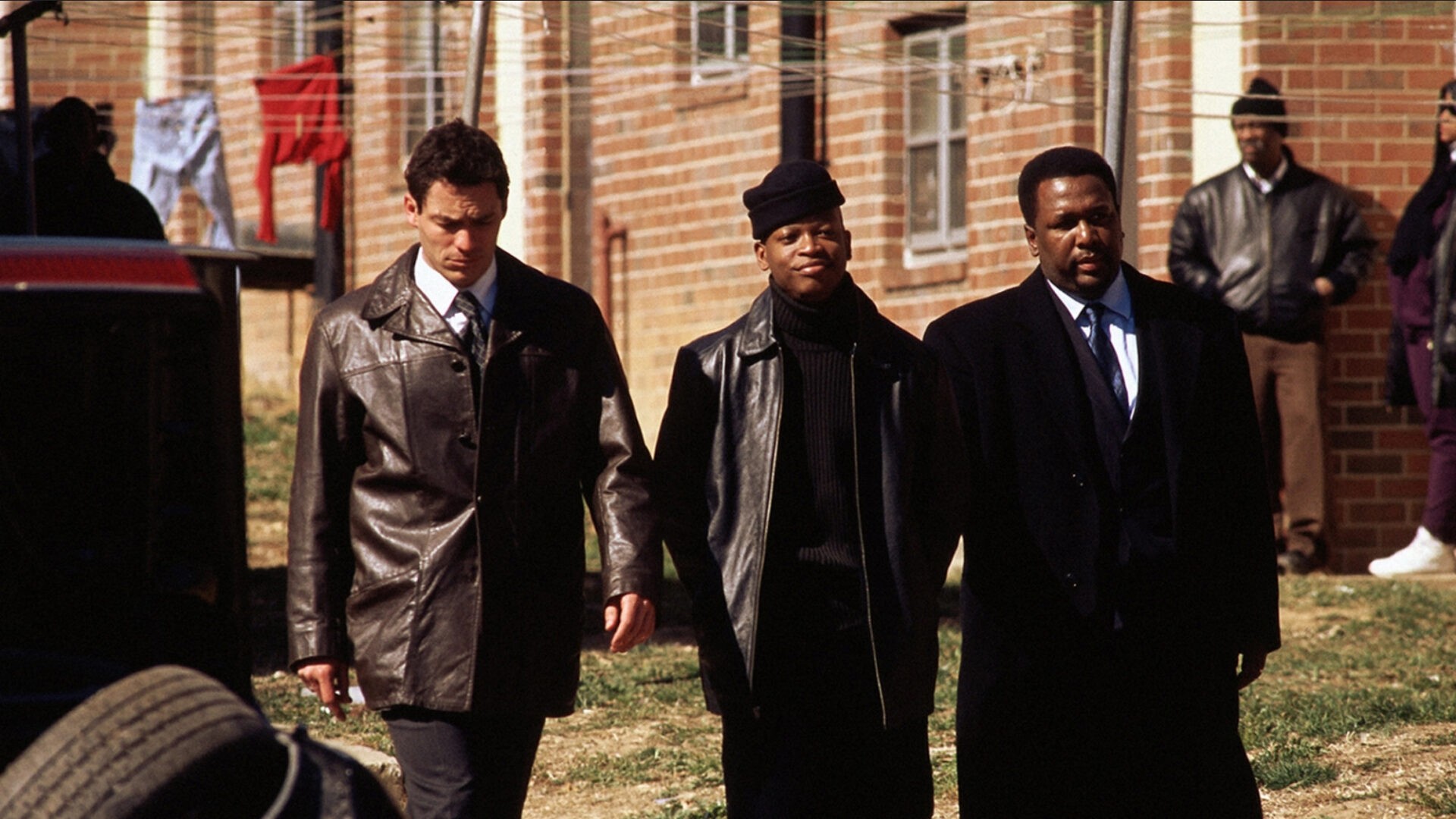
Organized by Céline Murillo (Université Paris 13), Mehdi Achouche (Université Paris 13), Anne-Marie Paquet Deyris (Université Paris Nanterre), Nicole Cloarec (Université de Rennes) September 6-8, 2023 Campus Condorcet, Aubervilliers , Université Paris 13, France Keynote Speakers Joan Hawkins (Indiana

Website: https://blog.hslu.ch/videoessay/2023-conference-open-call/ One of the first academic conferences devoted to videographic research was held at the Frankfurt Filmmuseum and Goethe University in Germany in 2013. Titled “The Audiovisual Essay: Practice and Theory,” the conference emphasized practice in the presentation-based discussions.
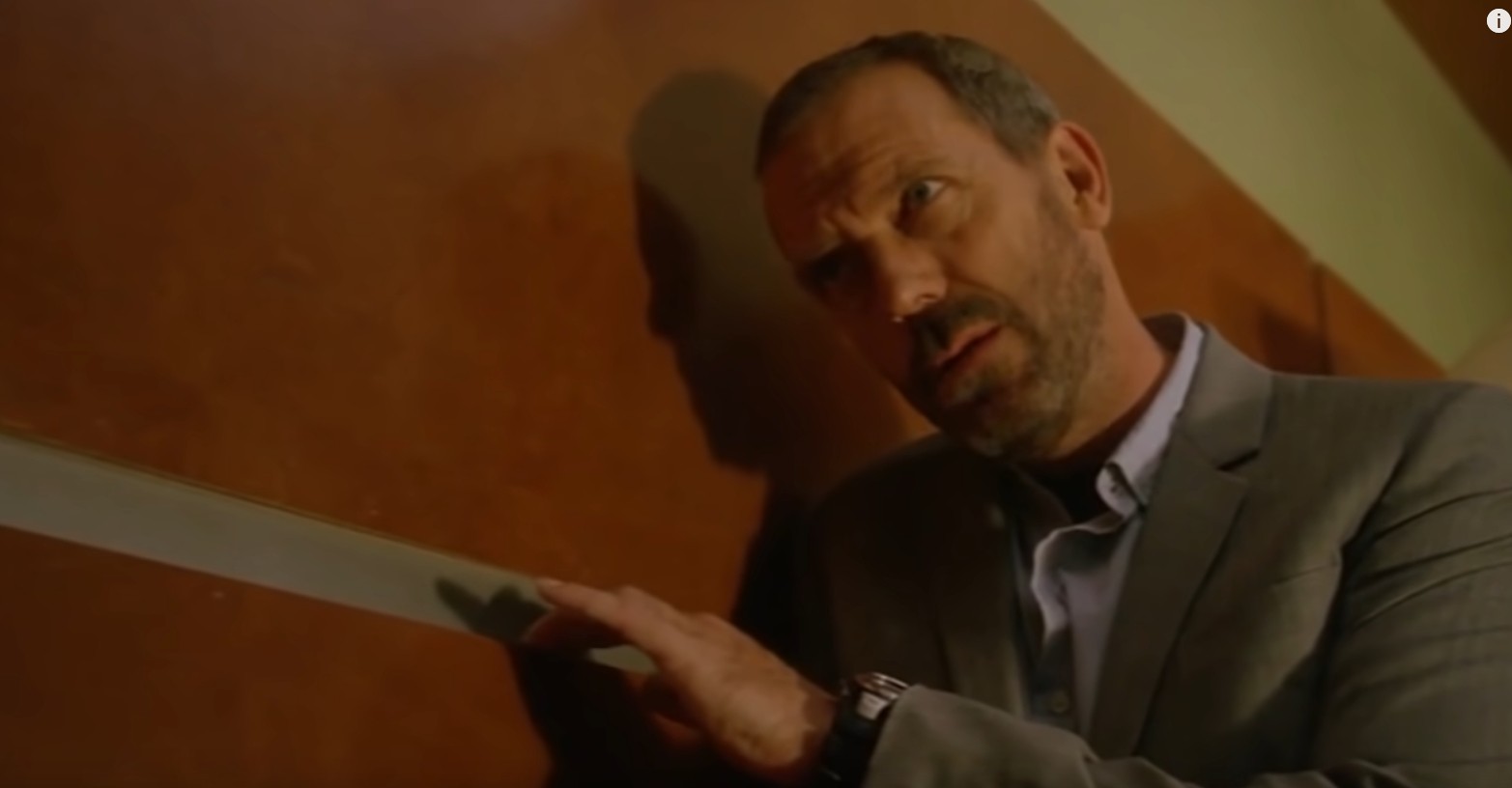
By dint of their genre, medical series often deal with matters of morality and ethics. This in part lends itself to storylines about playing ‘god(s)’ which can then position the medical personnel as divine entities who are capable of both positive and negative acts (Jacobs 2003). But medical series can also mimic detective series, as House (Fox 2004-2012), an iteration of Sherlock Holmes, most certainly does.
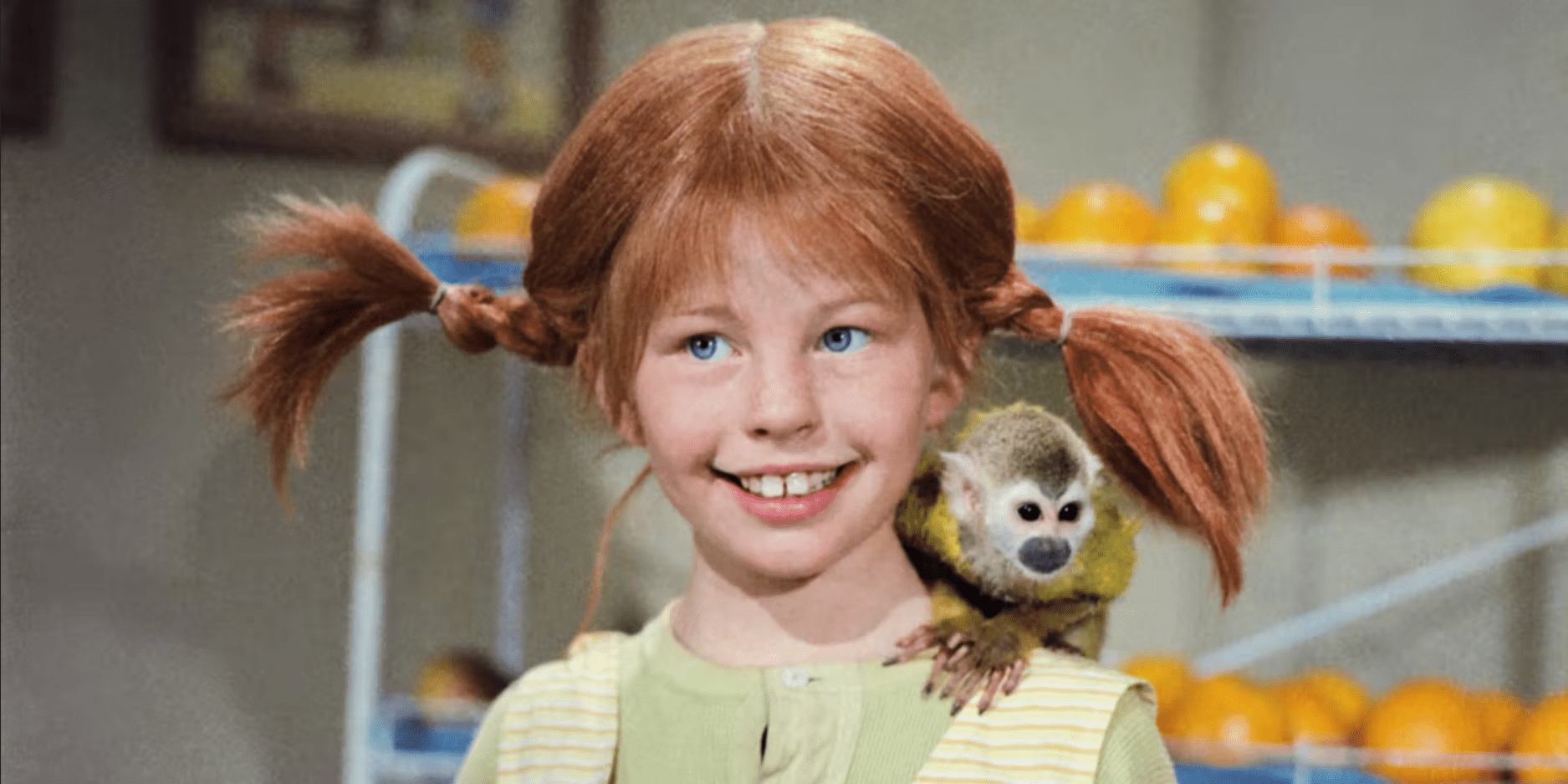
Edited by Dr Noel Brown (Liverpool Hope University) Deadline for proposals: 30 April 2023 I am seeking chapter proposals for possible inclusion in a forthcoming volume exploring radical children’s film and television. This edited collection is intended as an inaugural volume in the new ‘Children’s Film and Television’ book series, published by Edinburgh University Press.
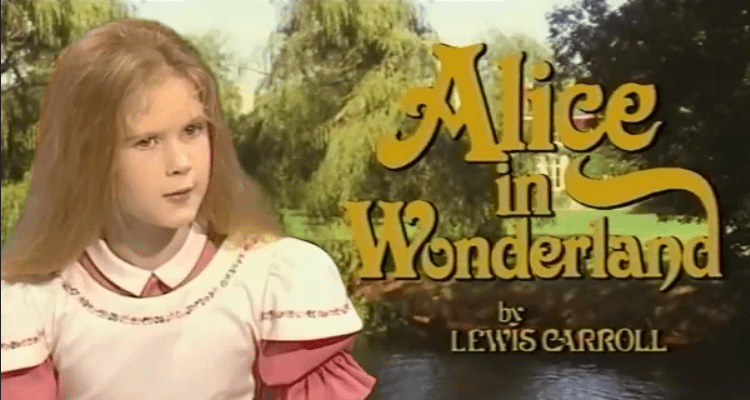
Editors: Professor Anna Backman Rogers, University of Gothenburg, Sweden, and Dr Houman Sadri, University of South-Eastern Norway Since their publication in 1865 and 1871 respectively, Lewis Carroll’s Alice novels have inspired a wealth of academic and artistic interpretations and re-interpretations.
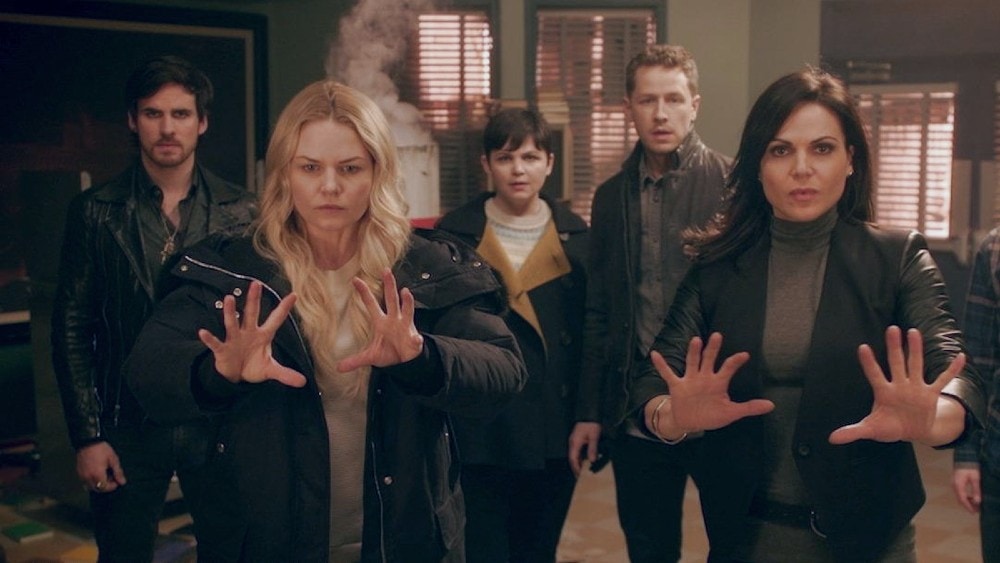
The 21 st century has seen an exponential rise of what can be loosely defined as spiritual media and culture – virtual worlds are replete with reports of mystical experiences, and astrology apps, tarot readings on TikTok, or wicca influencers on YouTube can attract millions of subscribers, followers, and views.

The Trump administration prompted a space for dissent, critique and counter positioning within the media. Inevitably its extreme agenda had an impact on television. Trump’s rhetoric was so problematic that there would inevitably be responses to his views and policies within a range of television programming. The divisive language represented the then President’s emphasis upon borders, exclusion and enemies, both outside and within the USA.
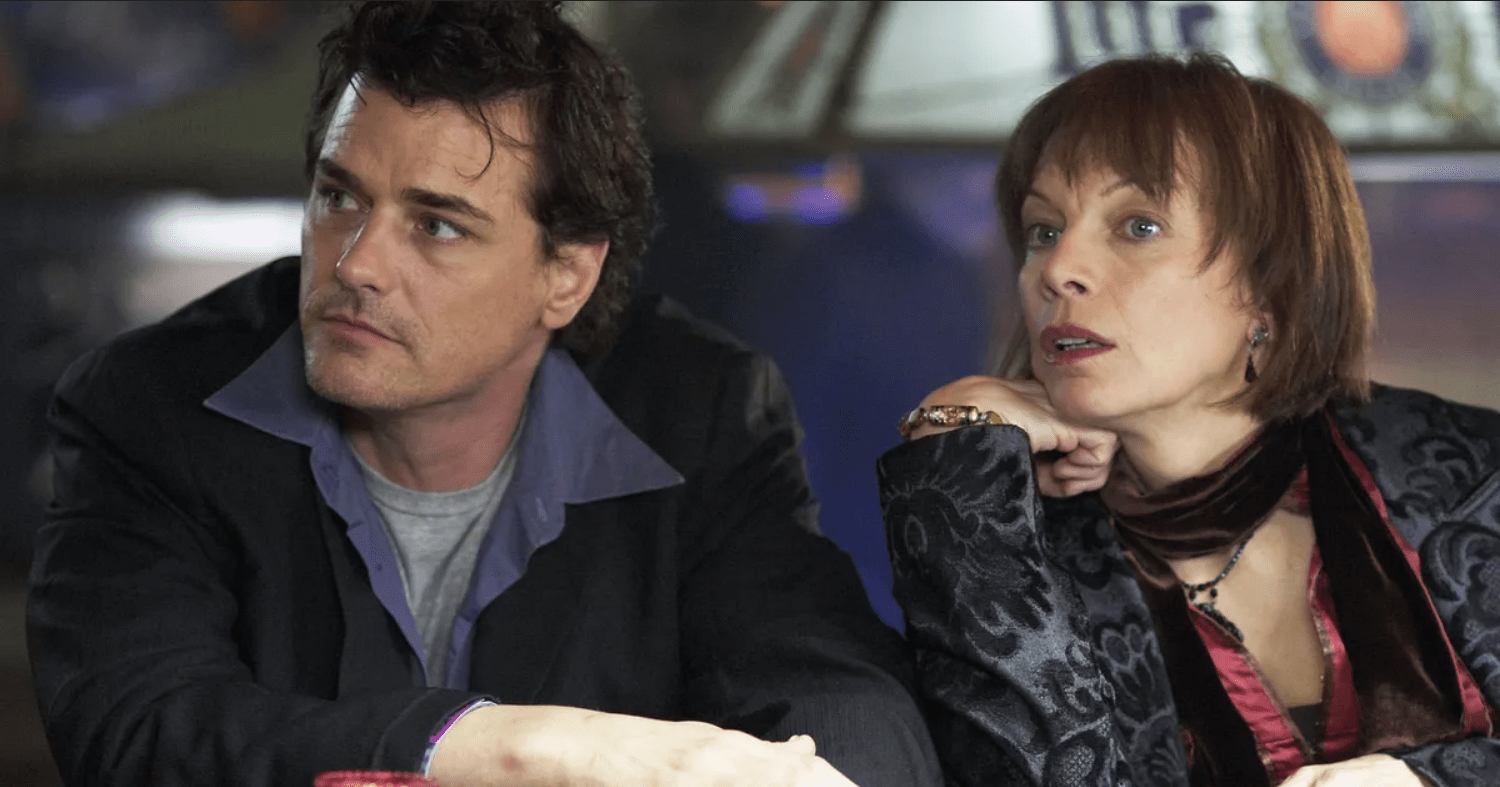
The very first episode of Monty Python’s Flying Circus (BBC, 1969-1974) asked ‘Whither Canada?’, which is an interesting question for a former coloniser to ask of her former colony (and current member of the Commonwealth).
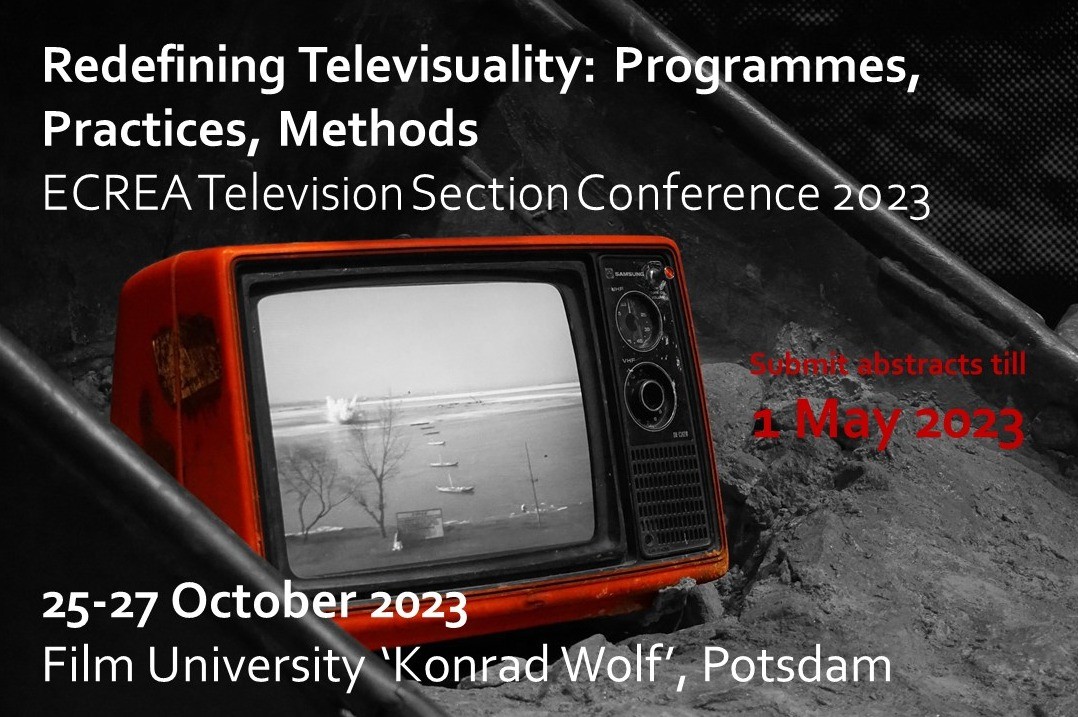
Televisuality , as theorised by John T. Caldwell in 1995, allows for a holistic view on the unique properties of television as industrial product, technology, aesthetic form, and object of cultural discourse and audience engagement.